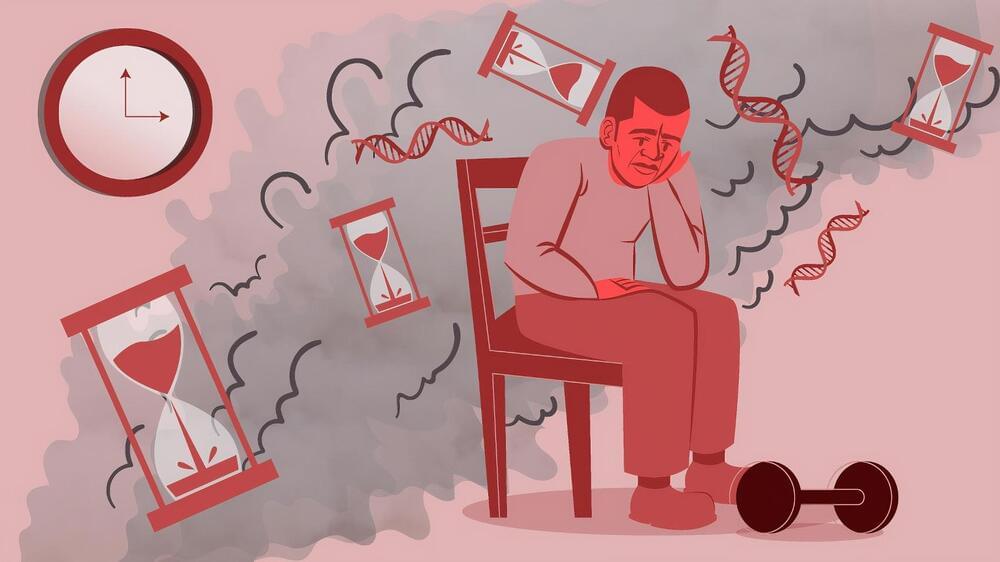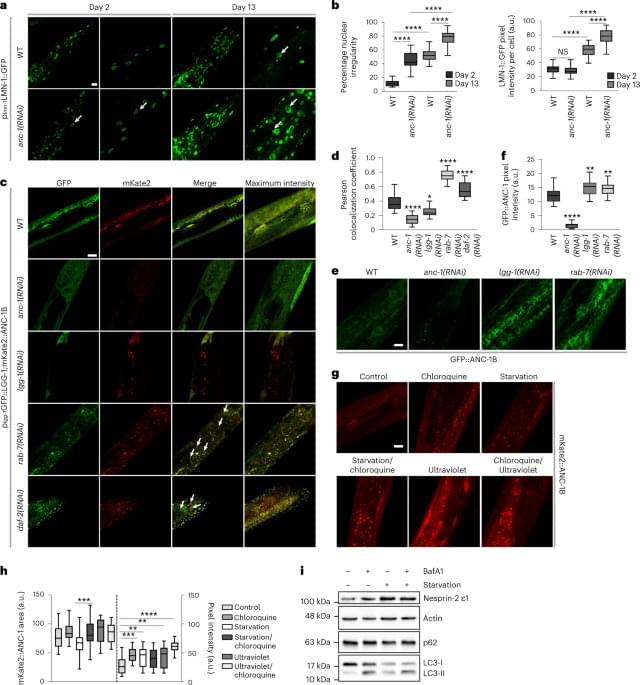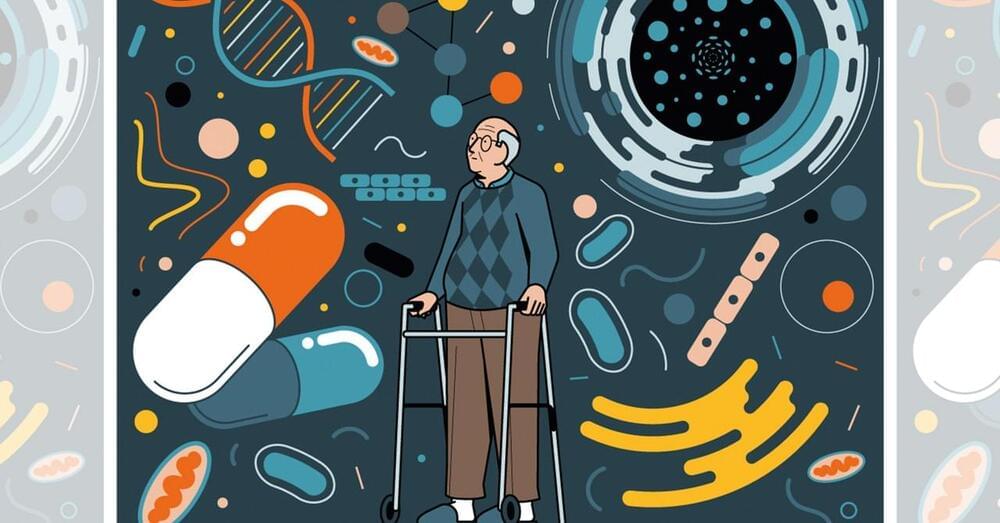People age at different rates due to a variety of intrinsic and extrinsic factors, which can affect their biological age and their risk of developing diseases or experiencing early death. This is why two individuals who are both 50 years old may not have the same level of biological aging, despite having lived for the same number of years.
Lifestyle choices, such as diet and smoking, and illness all contribute to accelerating biological age beyond one’s chronological age. Researchers have discovered that grip strength, a measure of overall muscle strength, is linked to biological age in this way. In particular, the study, which was published in the Journal of Cachexia, Sarcopenia, and Muscle, found that people with weaker grip strength had older biological ages.
Researchers at Michigan Medicine modeled the relationship between biological age and grip strength of 1,274 middle-aged and older adults using three “age acceleration clocks” based on DNA.





